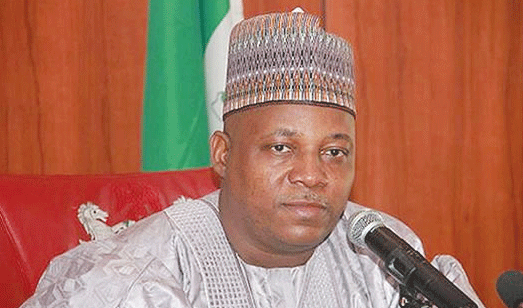Vice-President Kashim Shettima has emphasised the critical importance of prioritising girl child education in Nigeria, calling for a concerted, multisectoral approach to address gender-based barriers to quality education.
According to him, government at all levels, traditional rulers, religious leaders, civil society organisations (CSOs), and partners in the donor community must come together “with a singular focus: ensuring that every Nigerian child, regardless of gender or geography, receives quality education.”
The Vice-President, who gave the charge on Thursday when he declared open the International Conference on Girl Child Education in Nigeria, held at the Banquet Hall of Presidential Villa, Abuja, noted that the dignity of the girl child defines every civilization.
Represented at the event by Deputy Chief of Staff to the President (Office of the Vice President), Senator Ibrahim Hadejia, the VP stated: “Whatever reforms we adopt to build a safe space for educating the girl child must be championed from within our communities.
“Policymaking involves all of us, and we must engage local leaders, traditional rulers, and religious figures to understand the implications of failing to educate the future of this nation.
“The most powerful tool we can offer the girl child is education. We must enhance educational programmes that inform girls and women about their rights and the risks they face if denied the opportunity to make informed choices, especially in matters of health.”
Shettima implored government’s partners in the donor community, including the World Bank, the African Development Bank, and other multilateral institutions, to make a generational difference.
“The dignity of the girl child defines every civilization, and today, we are bound by a duty higher than merely observing the challenges before us. We bear the responsibility of setting the tone for this nation, and there is no greater calling than to prioritise the education of the girl child and other at-risk children. This is a mirror from which we cannot afford to look away because the consequences are dire,” he said.
Outlining statistics on out-of-school children in Nigeria, including the latest Multiple Indicator Cluster Survey (MICS), the VP warned that “each child abandoned to the streets is a liability that the nation will one day pay for.
“We must remember that the child who remains out of school today will be a threat to their peers in the classroom tomorrow. We cannot afford to turn away from this reality, and the need for creative and innovative solutions is now more pressing than ever,” he added.


















